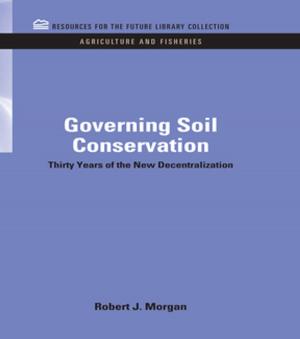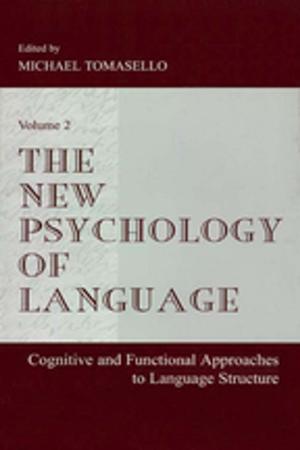Understanding Information and Computation
From Einstein to Web Science
Business & Finance, Industries & Professions, Industries| Author: | Philip Tetlow | ISBN: | 9781317004837 |
| Publisher: | Taylor and Francis | Publication: | February 24, 2016 |
| Imprint: | Routledge | Language: | English |
| Author: | Philip Tetlow |
| ISBN: | 9781317004837 |
| Publisher: | Taylor and Francis |
| Publication: | February 24, 2016 |
| Imprint: | Routledge |
| Language: | English |
The World Wide Web is truly astounding. It has changed the way we interact, learn and innovate. It is the largest sociotechnical system humankind has created and is advancing at a pace that leaves most in awe. It is an unavoidable fact that the future of the world is now inextricably linked to the future of the Web. Almost every day it appears to change, to get better and increase its hold on us. For all this we are starting to see underlying stability emerge. The way that Web sites rank in terms of popularity, for example, appears to follow laws with which we are familiar. What is fascinating is that these laws were first discovered, not in fields like computer science or information technology, but in what we regard as more fundamental disciplines like biology, physics and mathematics. Consequently the Web, although synthetic at its surface, seems to be quite 'natural' deeper down, and one of the driving aims of the new field of Web Science is to discover how far down such ’naturalness’ goes. If the Web is natural to its core, that raises some fundamental questions. It forces us, for example, to ask if the central properties of the Web might be more elemental than the truths we cling to from our understandings of the physical world. In essence, it demands that we question the very nature of information. Understanding Information and Computation is about such questions and one possible route to potentially mind-blowing answers.
The World Wide Web is truly astounding. It has changed the way we interact, learn and innovate. It is the largest sociotechnical system humankind has created and is advancing at a pace that leaves most in awe. It is an unavoidable fact that the future of the world is now inextricably linked to the future of the Web. Almost every day it appears to change, to get better and increase its hold on us. For all this we are starting to see underlying stability emerge. The way that Web sites rank in terms of popularity, for example, appears to follow laws with which we are familiar. What is fascinating is that these laws were first discovered, not in fields like computer science or information technology, but in what we regard as more fundamental disciplines like biology, physics and mathematics. Consequently the Web, although synthetic at its surface, seems to be quite 'natural' deeper down, and one of the driving aims of the new field of Web Science is to discover how far down such ’naturalness’ goes. If the Web is natural to its core, that raises some fundamental questions. It forces us, for example, to ask if the central properties of the Web might be more elemental than the truths we cling to from our understandings of the physical world. In essence, it demands that we question the very nature of information. Understanding Information and Computation is about such questions and one possible route to potentially mind-blowing answers.















